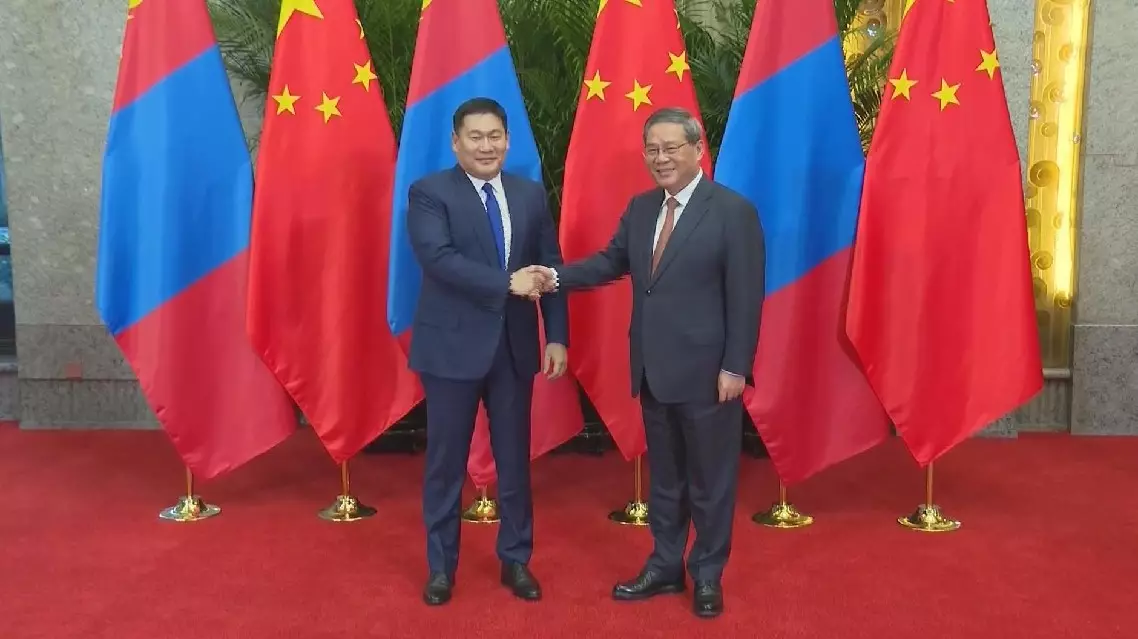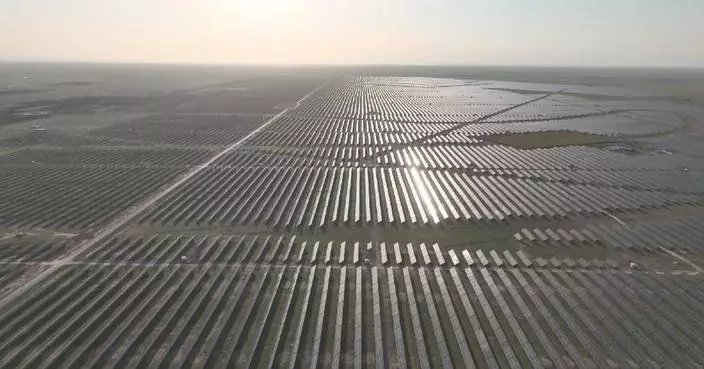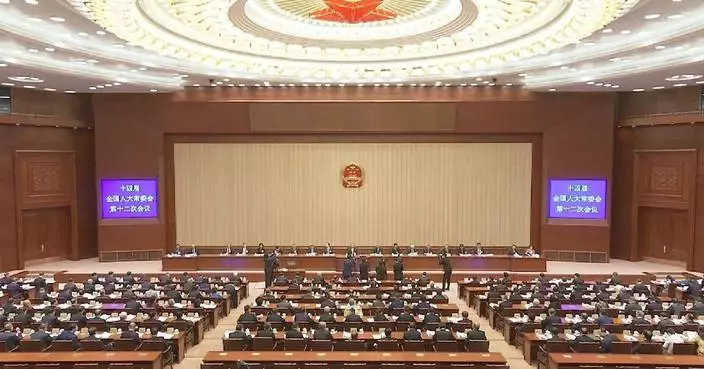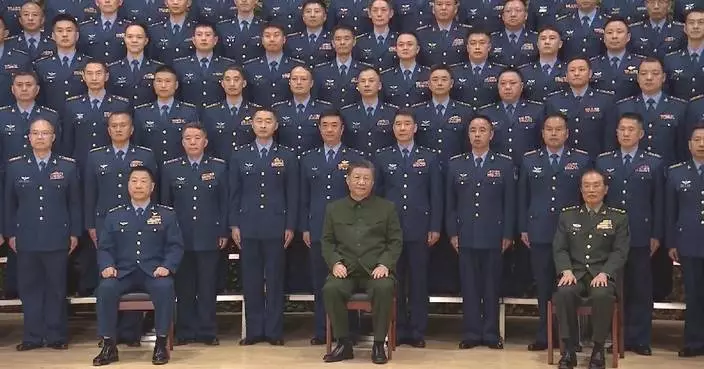Frustration is mounting among the Higashihiroshima community in Japan as people demand action over repeated reports of chemical leaks linked to U.S. military bases in the country, which the Japanese government is barred from entering for investigation under the U.S.-Japan Status of Forces Agreement (SOFA).
U.S. military bases in Japan have reportedly been releasing harmful organic fluorine compounds known as per- and polyfluoroalkyl substances (PFAS) into waters, causing suspected environmental pollution such as underground water and soil contamination.
High levels of PFAS were detected in the Seno River that runs along a U.S. military facility in Higashihiroshima City, Hiroshima Prefecture, exceeding a government-set provisional limit of 50 nanograms per liter.
Local civil groups and city council members are mobilizing to gather more evidence and safeguard their rights. However, under SOFA, the Japanese government cannot access the U.S. base for investigation without U.S. military consent, leaving residents and councilors feeling both helpless and outraged.
"We have been living in this environment since childhood. And we were told that on the other side of the wall is America. The sign at the base entrance also explicitly states that Japanese laws don't apply within U.S. military bases," said a local resident.
Local councilors have repeatedly sought permission to gather evidence and advocate for intervention but face continuous obstacles.
"I raised this issue in the city council. We could foresee this situation from the beginning. I've strongly demanded access to the U.S. base but was denied. We rarely receive any response. Although harmful substances are impacting our environment, we're blocked from entering the U.S. military base, which leaves our city government helpless and anxious," said Tani Harumi, a member of Higashihiroshima City Council.
In response, local residents and civil groups are using online and offline channels to raise people's awareness of the hazards posed by the contamination, and gathering signatures for a petition opposing pollution, hoping that it will pressure the U.S. military to allow further investigations.
"When issues involve the U.S. military, the U.S.-Japan Status of Forces Agreement and U.S.-Japan Security Treaty deprive us of certain rights, making it impossible to access the base. This is an unfair and unequal agreement. Problems like PFAS pollution have frequently emerged in areas with U.S. military bases. I'm outraged. I want to say that Japan is not a U.S. colony," said Imachi Chiyomi, a member of a local civil group.
The contamination issue in Higashihiroshima is not an isolated case. Over recent years, reports have repeatedly exposed the release of PFAS and other pollutants from U.S. military bases in Japan, yet investigations have been stymied, and accountability remains out of reach.
"Why does the U.S. military act so recklessly on Japanese soil, without regard for Japan's environmental pollution or the interests of the Japanese people? This situation is infuriating, and we must work to change it," said Imachi.
"I believe people across the country should be concerned about the issues. From the Yokota Base in the Tama area to Okinawa, the Japanese government has allocated a substantial military budget. It is even said that it will start large-scale renovations, including the construction of underground shelters. Accompanying this military buildup are serious environmental problems," said Tani.
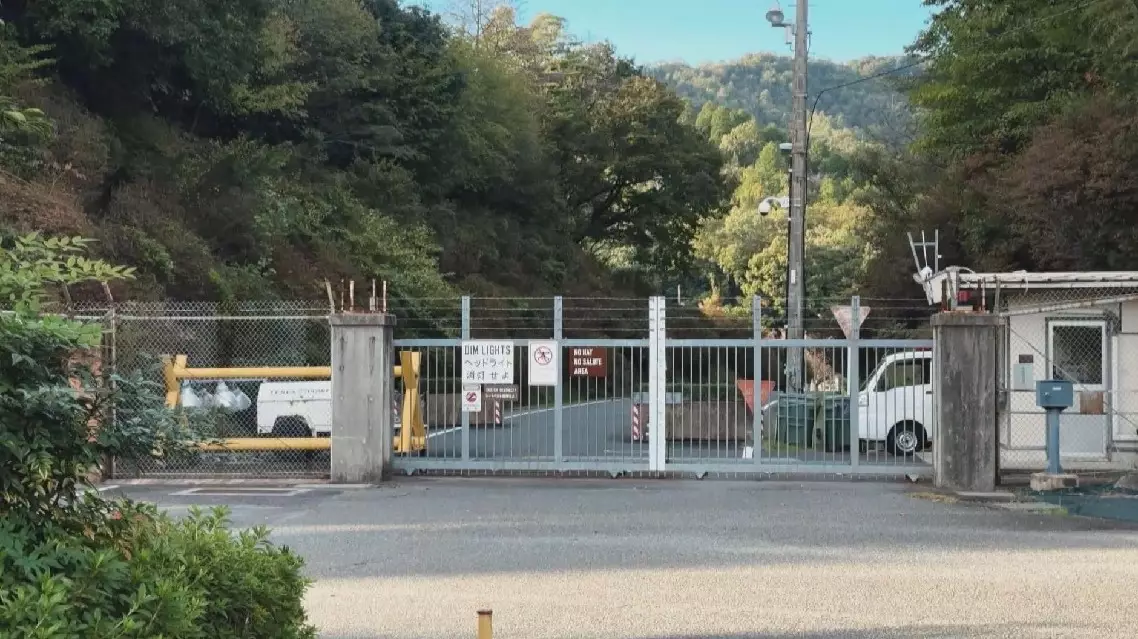
Chemical leaks from US military base in Japan fuel public outrage


